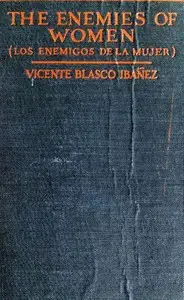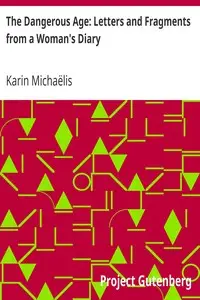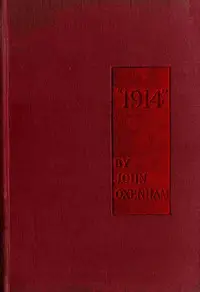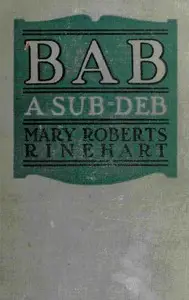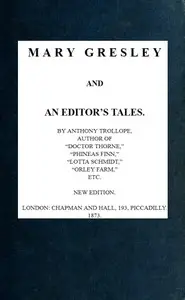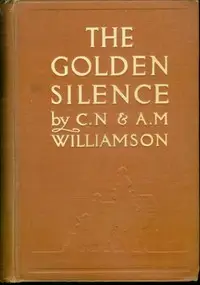"Dangerous Days" by Mary Roberts Rinehart is a story set in a time of looming war that explores the lives of Natalie Spencer, a woman concerned with appearances, and her husband, Clayton, a man burdened by duty. Their elaborate dinner parties become a stage for revealing the cracks in their relationship and the superficiality of their social circle. Natalie uses these gatherings to distract herself from the distance between her and Clayton, while he grapples with his responsibilities and the growing threat of war. The novel examines the struggles between personal desires and societal expectations, the complexities of love, and the impact of global events on individual lives, all seen through the lens of a marriage on the brink.

Dangerous Days
By Mary Roberts Rinehart
Amidst elegant parties and the shadow of war, a couple's strained relationship reveals the conflicts between duty and desire.
Summary
About the AuthorMary Roberts Rinehart was an American writer, often called the American Agatha Christie. Rinehart published her first mystery novel The Circular Staircase in 1908, which introduced the "had I but known" narrative style. Rinehart is also considered the earliest known source of the phrase "the butler did it", in her novel The Door (1930), although the exact phrase does not appear in her work and the plot device had been used prior to that time. She also worked to tell the stories and experiences of front line soldiers during World War I, one of the first women to travel to the Belgian front lines.
Mary Roberts Rinehart was an American writer, often called the American Agatha Christie. Rinehart published her first mystery novel The Circular Staircase in 1908, which introduced the "had I but known" narrative style. Rinehart is also considered the earliest known source of the phrase "the butler did it", in her novel The Door (1930), although the exact phrase does not appear in her work and the plot device had been used prior to that time. She also worked to tell the stories and experiences of front line soldiers during World War I, one of the first women to travel to the Belgian front lines.



